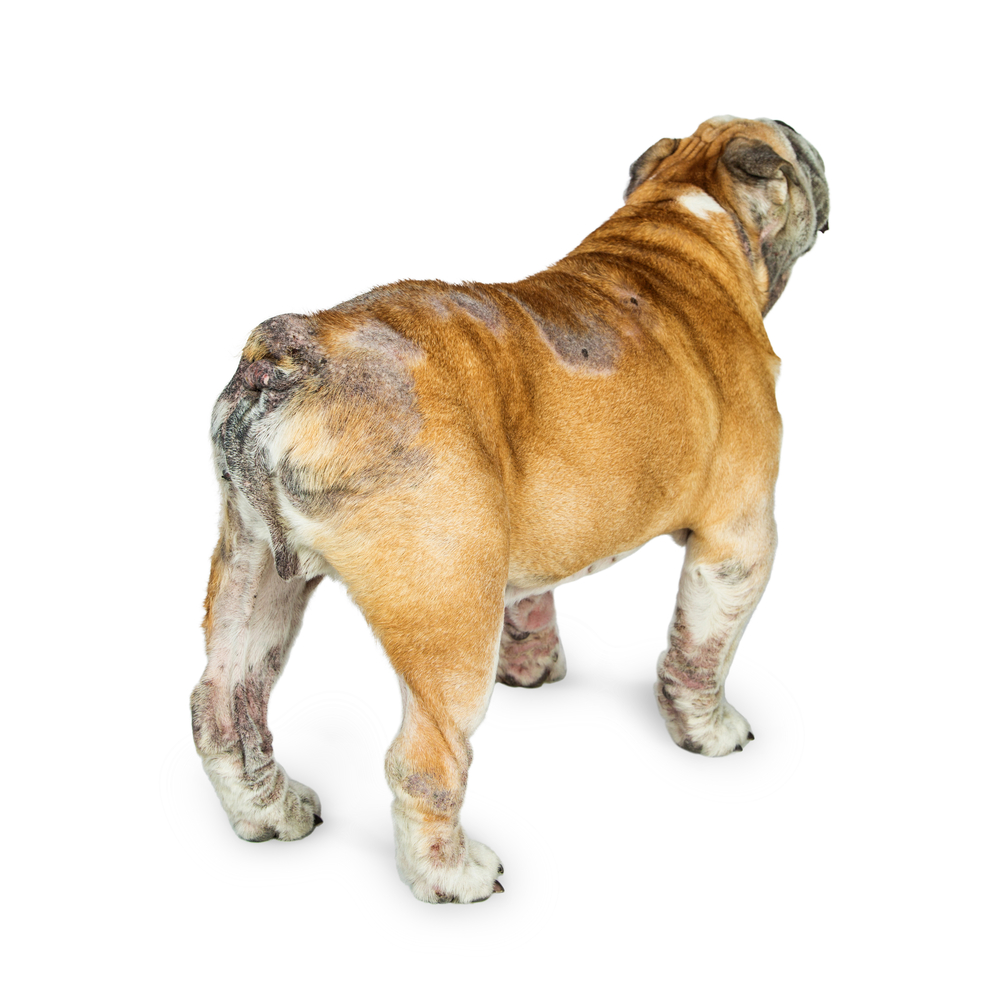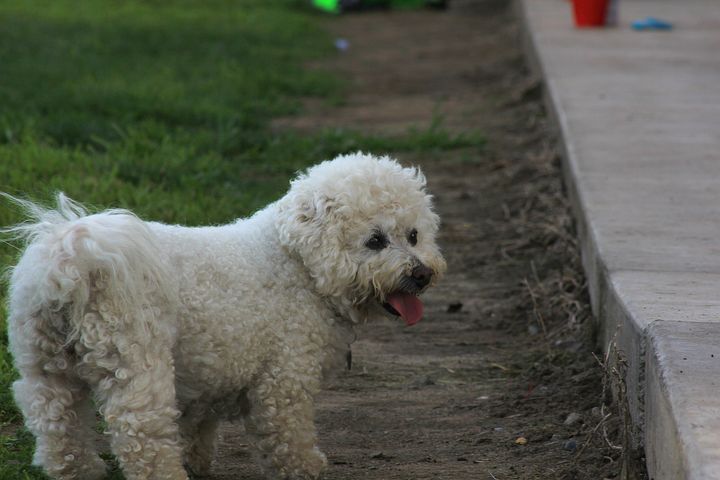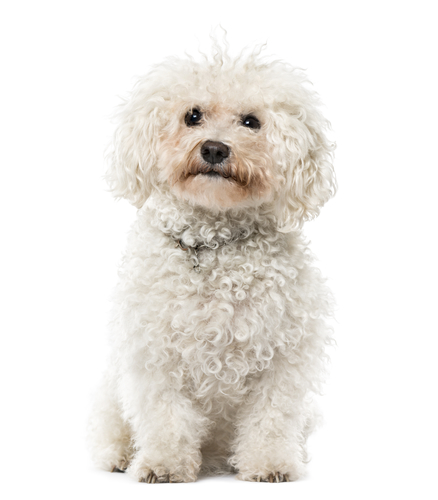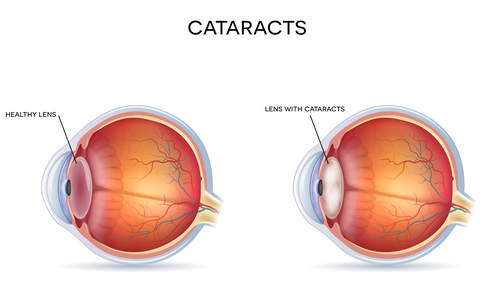Knowing how to treat Cushing’s depends on which of the 3 types of Cushing’s disease your dog has. That is why it is so important to determine which type your dog has, and to confirm that your dog’s symptoms are, in fact, due to Cushing’s disease.
Most people want to know if there is a cure for Canine Cushing’s.
The best answer is that, depending on the diagnosis, Cushing’s can probably be controlled. At least for a while.
Some cases definitely have a better outlook than others. And some symptoms get worse as your dog gets older.

Knowing how to treat Cushing’s depends on which of the 3 types of Cushing’s disease your dog has. That is why it is so important to determine which type your dog has, and to confirm that your dog’s symptoms are, in fact, due to Cushing’s disease.
In the end, there are really only two medical options for treatment of Cushing’s: medication or surgery. However, while you may choose to treat your dog with medications that your vet prescribed, there are also some natural treatments that can help.
For more information on how to help your dog with Cushing’s, you may want to consider Cushing’s Disease in Dogs by S Kenrose and Merliza Cabriles DVM.
Treat Cushing’s Based on the Diagnosis
There are 3 different types of Cushing’s, and the treatments are different for each. Your vet will first confirm that your dog has Cushing’s. Then she will determine which type your dog has. Only then can your vet prescribe a treatment for your Bichon Frise.
Pituitary Tumor
This is the most common form of Cushing’s disease in dogs, accounting for up to 90% of all confirmed cases. Tumors can be benign or malignant (cancer), so the kind of tumor will affect the outcome. Fortunately, most pituitary tumors are benign.
Tumors in the pituitary gland (located in the brain) are inoperable. In other words, the only option for these tumors is medication. Because you need to achieve a delicate balance of hormones, treating Cushing’s disease originating in the pituitary gland, is very complicated.
The good news is that, if your dog has a pituitary tumor with mild symptoms, he probably won’t need to be treated at all. However, you will need to monitor his symptoms for any changes for the worse, which will require further action.
Adrenal Gland Tumor
If your dog has a tumor in his adrenal glands, the best treatment is to remove the tumor by abdominal surgery. This is major surgery. If surgery is recommended, your vet may put your dog on medications for a few months to shrink the tumor, before surgery.
Of course, if the tumor is cancerous, the outcome is not as optimistic. However, sometimes medication can manage the disease, if surgery is not an option for your dog.
Iatrogenic Cushing’s disease
If your dog has this form of Cushing’s, he has been taking steroids for a long time or an excessive amount of them, perhaps for arthritis or allergies.
To treat this type of Cushing’s, you must discontinue the steroids that your dog is taking. This must be done carefully, with guidance from your vet. If the steroids are stopped too quickly, you can cause a life threatening reaction, similar to Addison’s disease.
In addition, depending on how much damage was done by the steroids, you may also have to give your dog hormone replacements.
Monitoring Cushing’s in Dogs
Your veterinarian will outline a treatment plan for your dog’s specific condition. Be sure to follow his or her guidelines closely, because treatment must be regular and consistent.
With Cushing’s, you will also need to plan on treating your dog for the rest of his life.
As you probably know, all medications can cause unwanted results. But, especially with these particular medications, pet parents need to be on the alert for side effects.
You will need to carefully monitor your Bichon for changes in symptoms and your vet will do periodic blood tests. The blood tests are very important, as the medications can cause serious side effects if they throw off the balance of your dog’s hormones.
Of course if you prefer a more natural approach, there are herbs and supplements that some people have found to be an effective natural treatment for Cushing’s. At least with canine Cushing’s disease you do have choices.
Medications for Cushing’s Treatment
The two most common medications given to dogs for this disease are mitotane and trilostane.
Mitotane
The common name for mitotane is Lysodren. Your vet may prescribe a fairly high dosage at first, until the drug starts to take effect. Once it is working, the vet will probably lower the dosage until a good hormone balance is found. Because the dosage is high initially, you will need to monitor your dog carefully for side effects.
With this drug, special precautions are in order. You will need to wear gloves to handle the pills and then wash your hands after handling them. This is so you don’t absorb the drug into your skin. If you are pregnant or nursing, do not handle this drug at all, as it can be toxic.
What should you be looking for? The common side effects that you may see are:
- Lethargy
- Weakness
- Loss of appetite
- Incoordination
- Depression
- Vomiting
- Diarrhea
If your dog already has a problem with her liver, you may see signs of liver damage. Symptoms of liver damage are loss of appetite, yellowing of the gums, eyes or skin.
Trilostane
The common name for trilostane is Vetoryl. If trilostane is prescribed for your dog, you should give it to your dog with his food. Your vet will give you specific instructions.
As with other medications, observe your dog for side effects. The most common side effects of Trilostane include:
- Not eating or not eating as much
- Vomiting
- Diarrhea or loose stool
- Lethargy/lack of energy
- Weakness
Occasionally you could see more severe side effects. If you see any of these, it is an emergency. You will need to get medical attention for your dog immediately.
- Severe depression
- Diarrhea with blood (streaked with red or black)
- Collapse
In addition, if your dog has kidney disease or liver disease or is pregnant, she should not take trilostane.
What if Cushing’s is Untreated?
Given that you need to medicate your dog for the rest of his life, it can be very expensive to treat Cushings disease in your dog. If the cost of treatment is an issue for you, you may be wondering what would happen if you simply did not treat for Cushing’s.
It is generally accepted that leaving Cushing’s untreated will reduce the quality of life for your dog. As your dog gets older, his symptoms will get worse. He will be more tired, more thirsty, more likely to have urinary accidents in the house, etc.
However, in addition to generally feeling tired and thirsty, your dog can also develop more serious conditions:
- Diabetes mellitus
- High blood pressure
- Pancreatitis
- Urinary tract infections or kidney infections
- Blood clots (can cause strokes, heart attacks or lung damage)
While no one wants to learn that their dog has a disease, especially an untreatable one, you do have options for treating your dog for Cushing’s, depending on which type she has. With surgery or medication, you may be able to extend your dog’s life for months or a few years.
Additionally, with medicine and early diagnosis, your dog will probably be able to resume most of her normal daily activities.







Leave a Reply